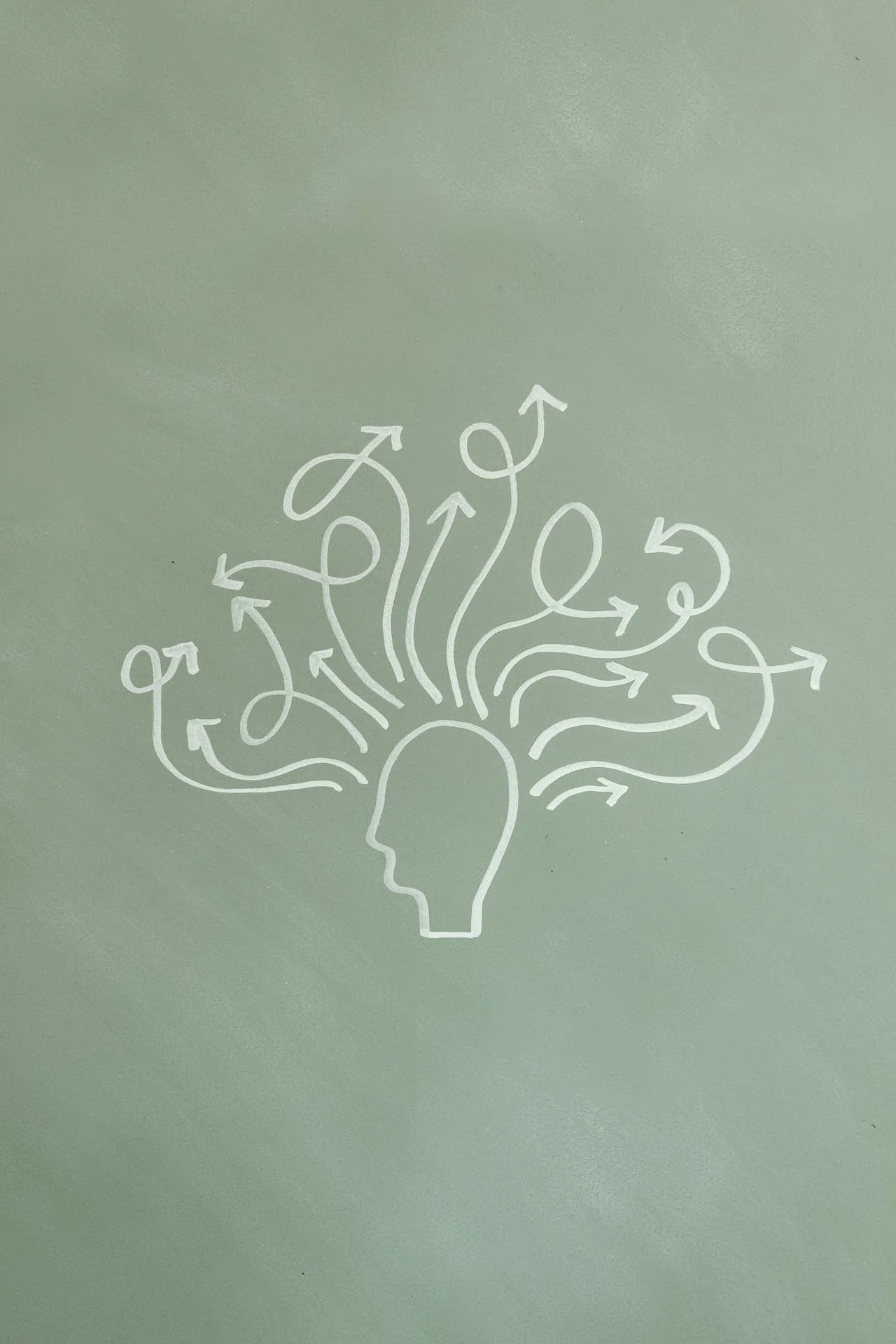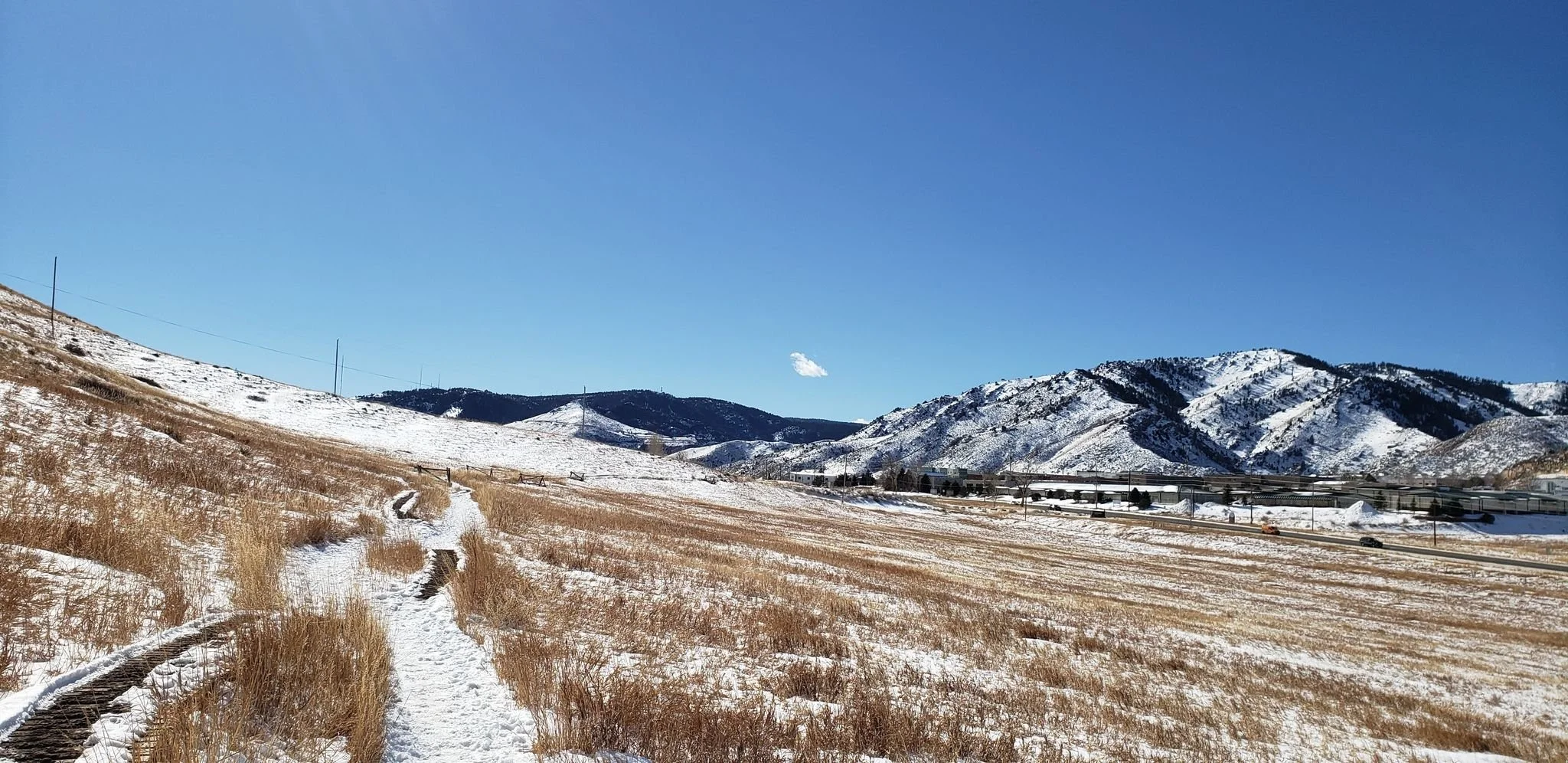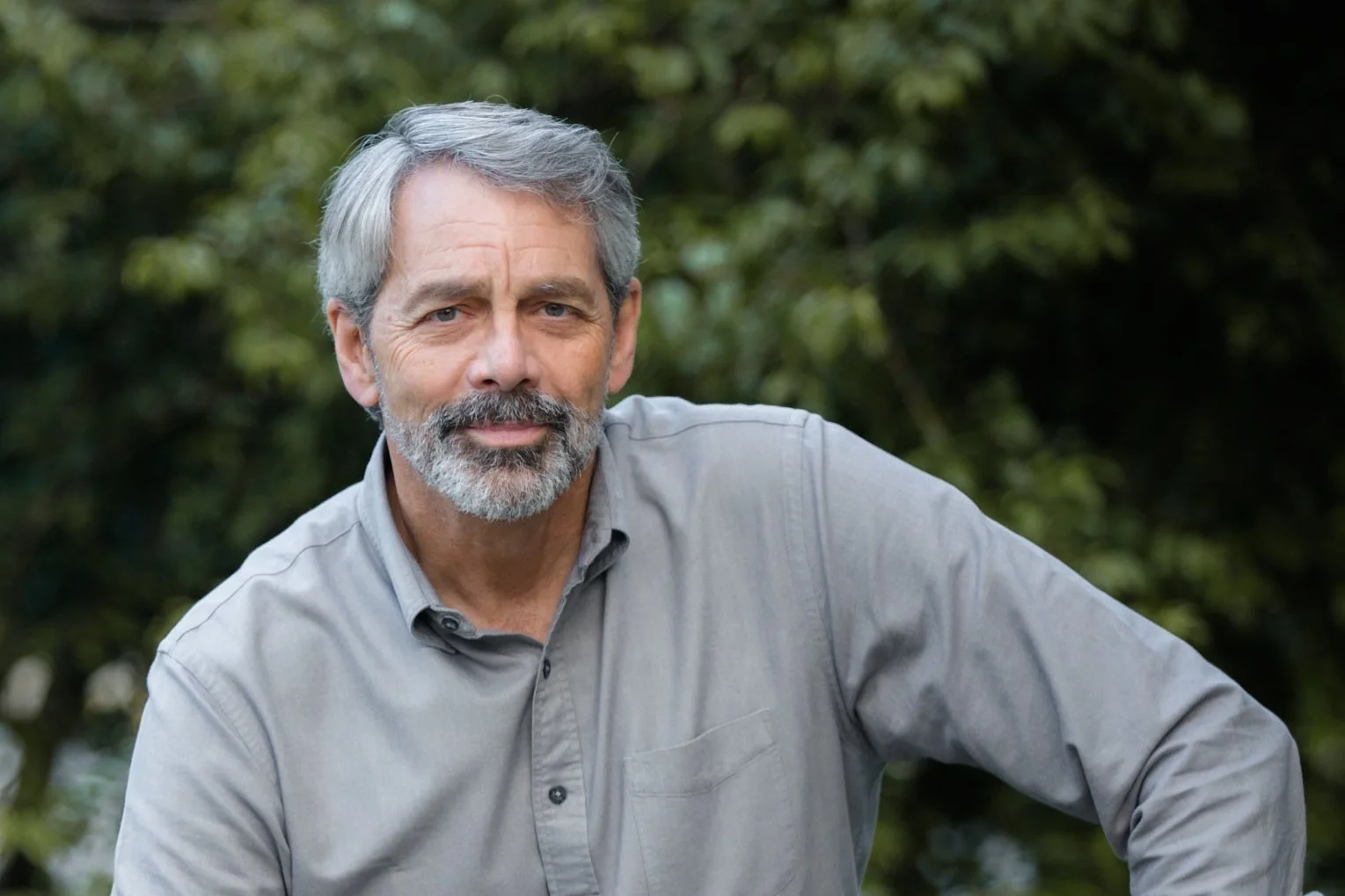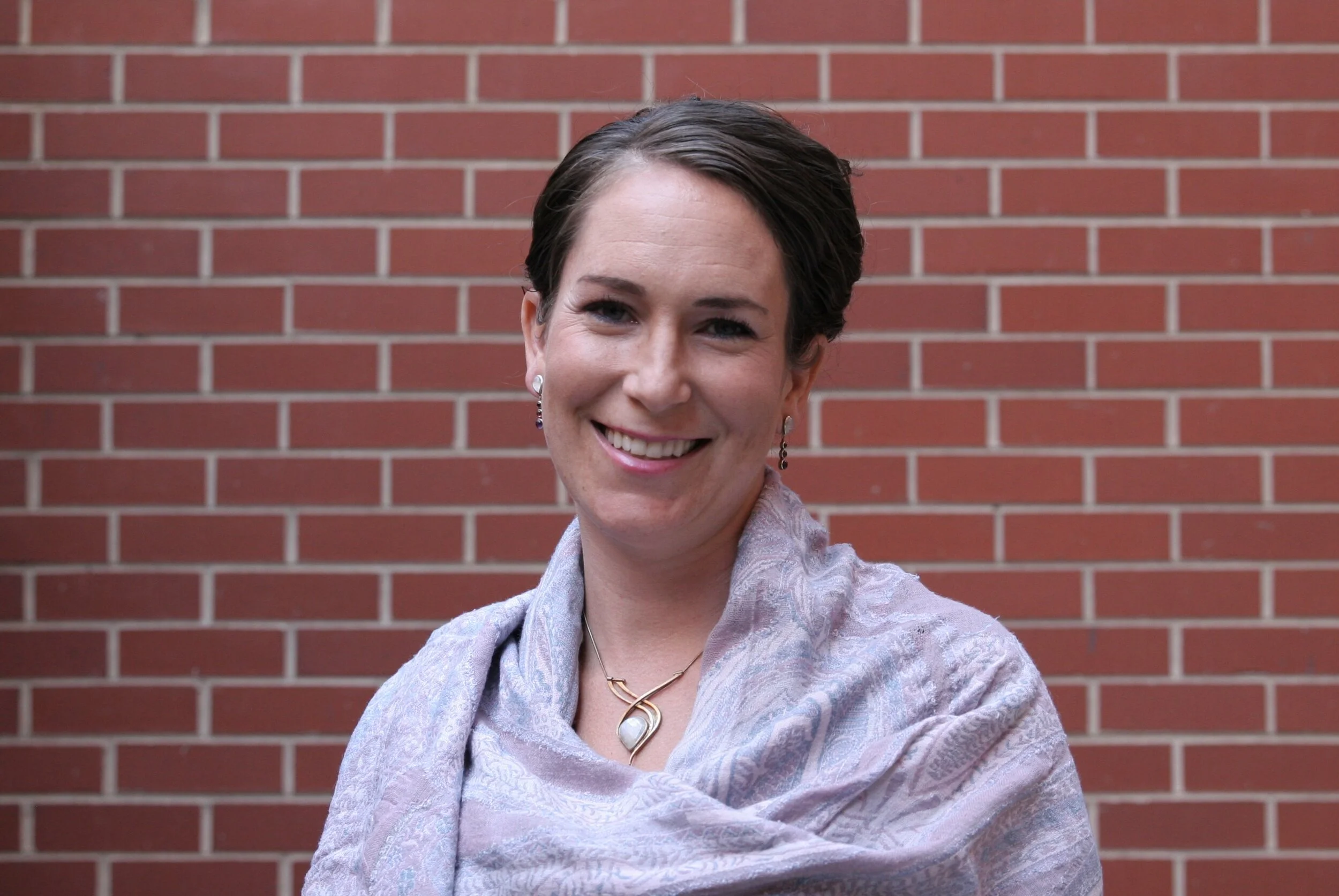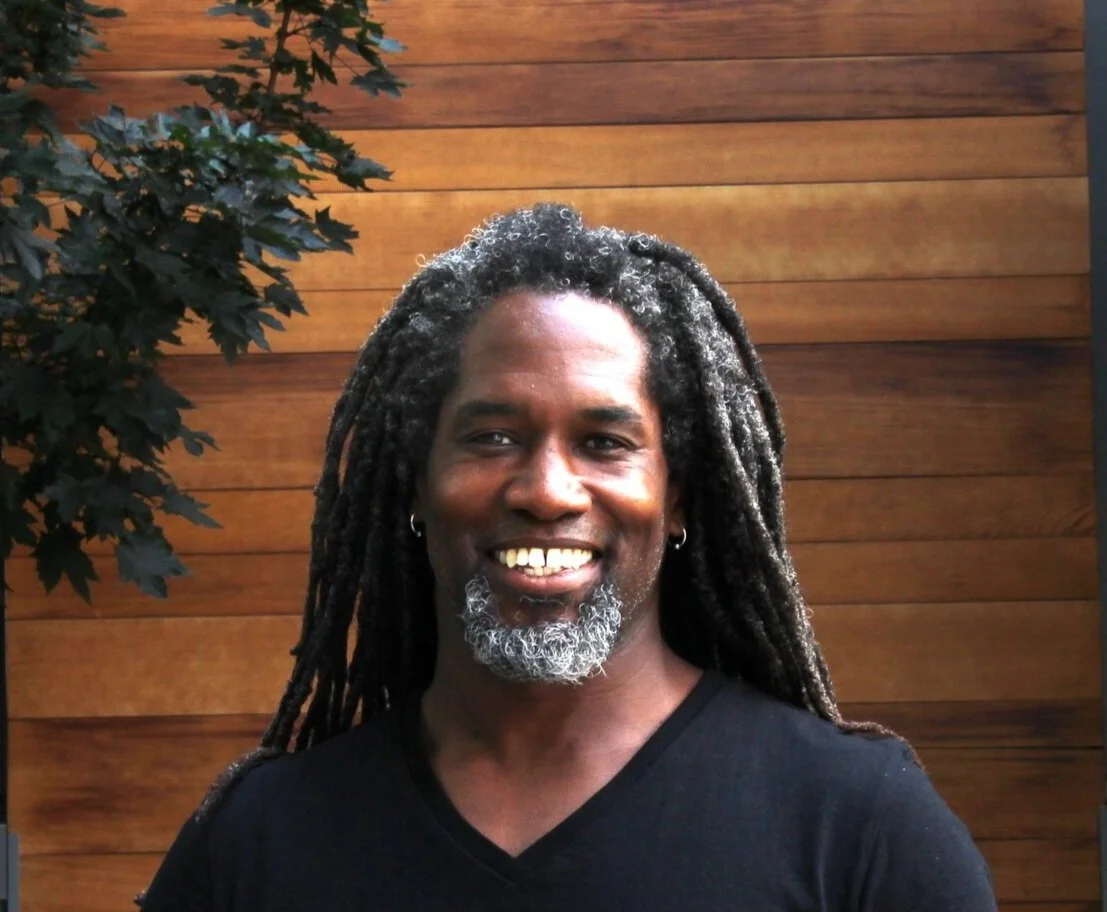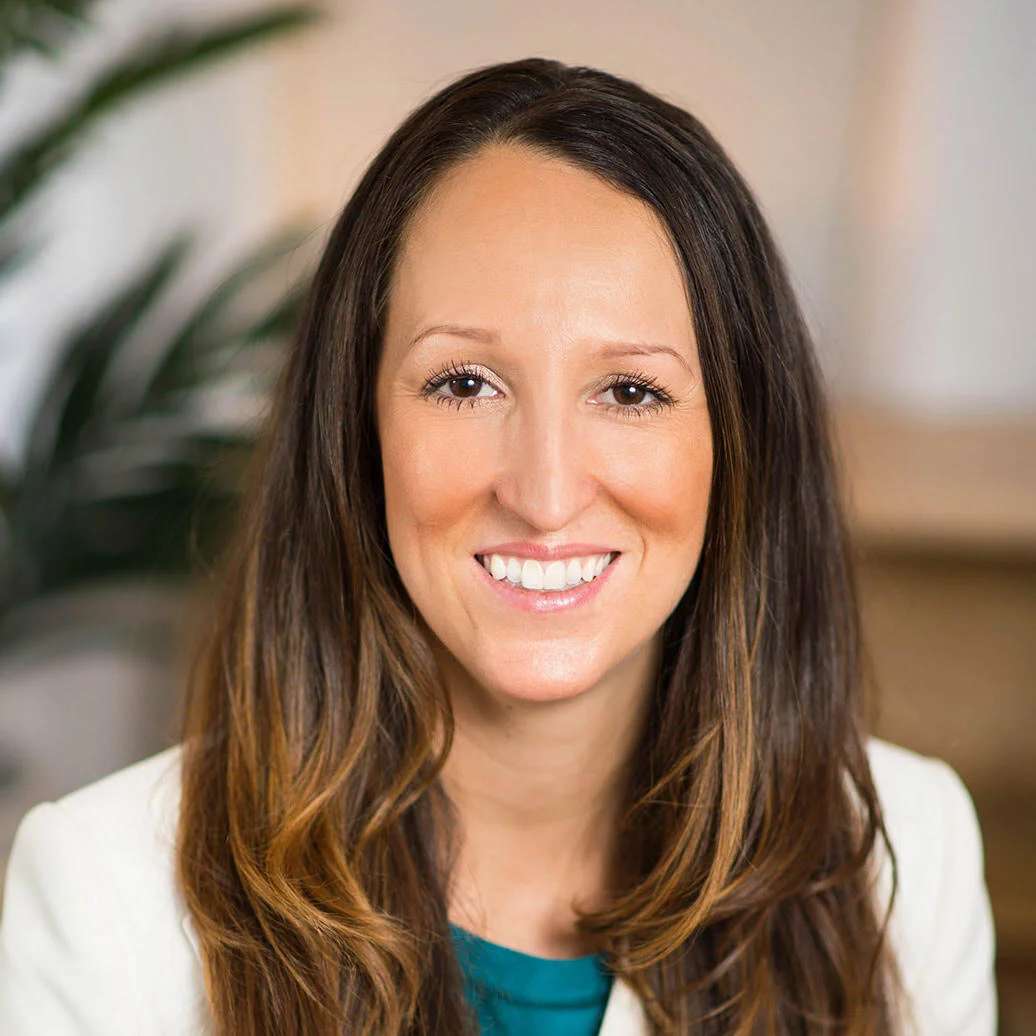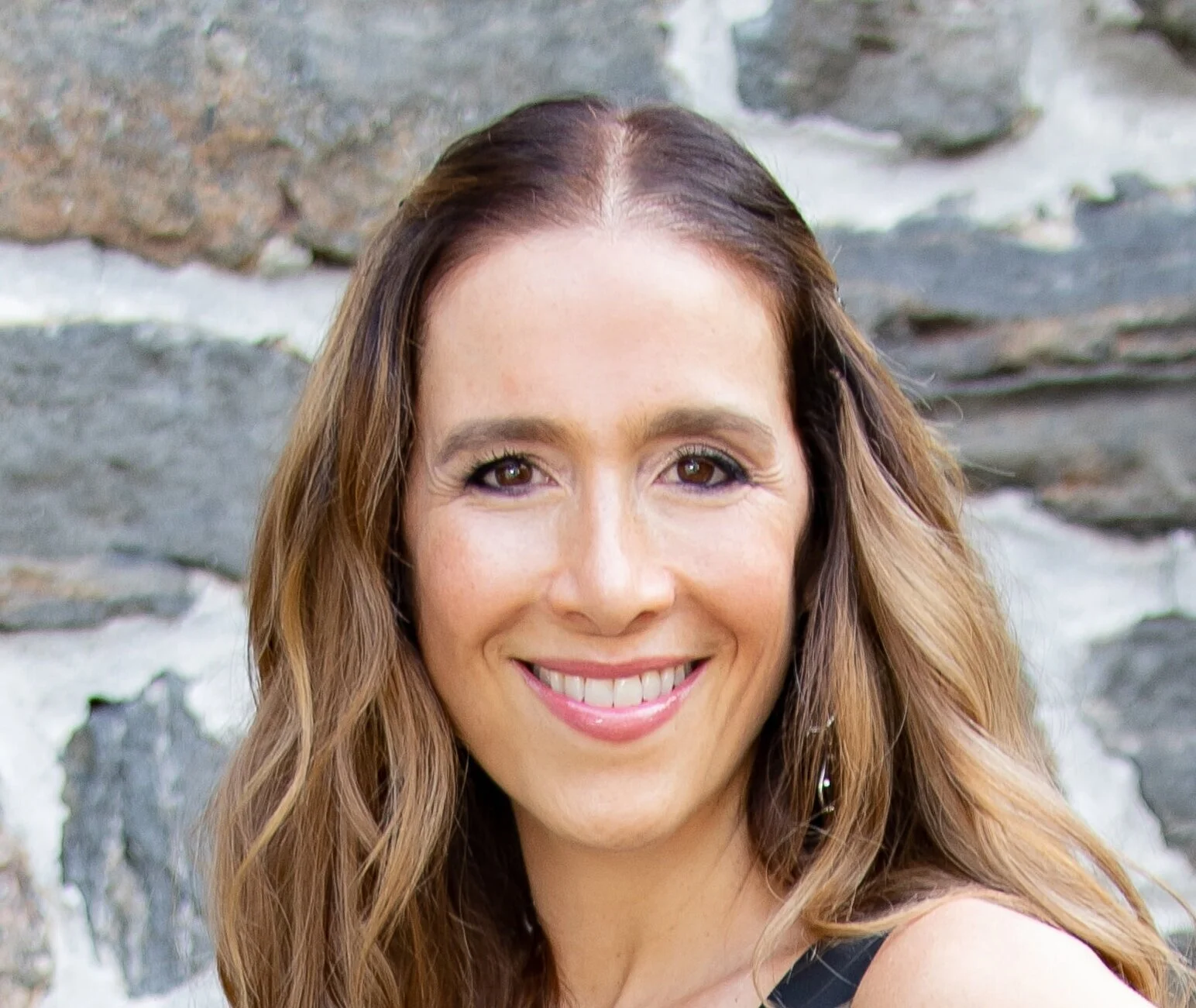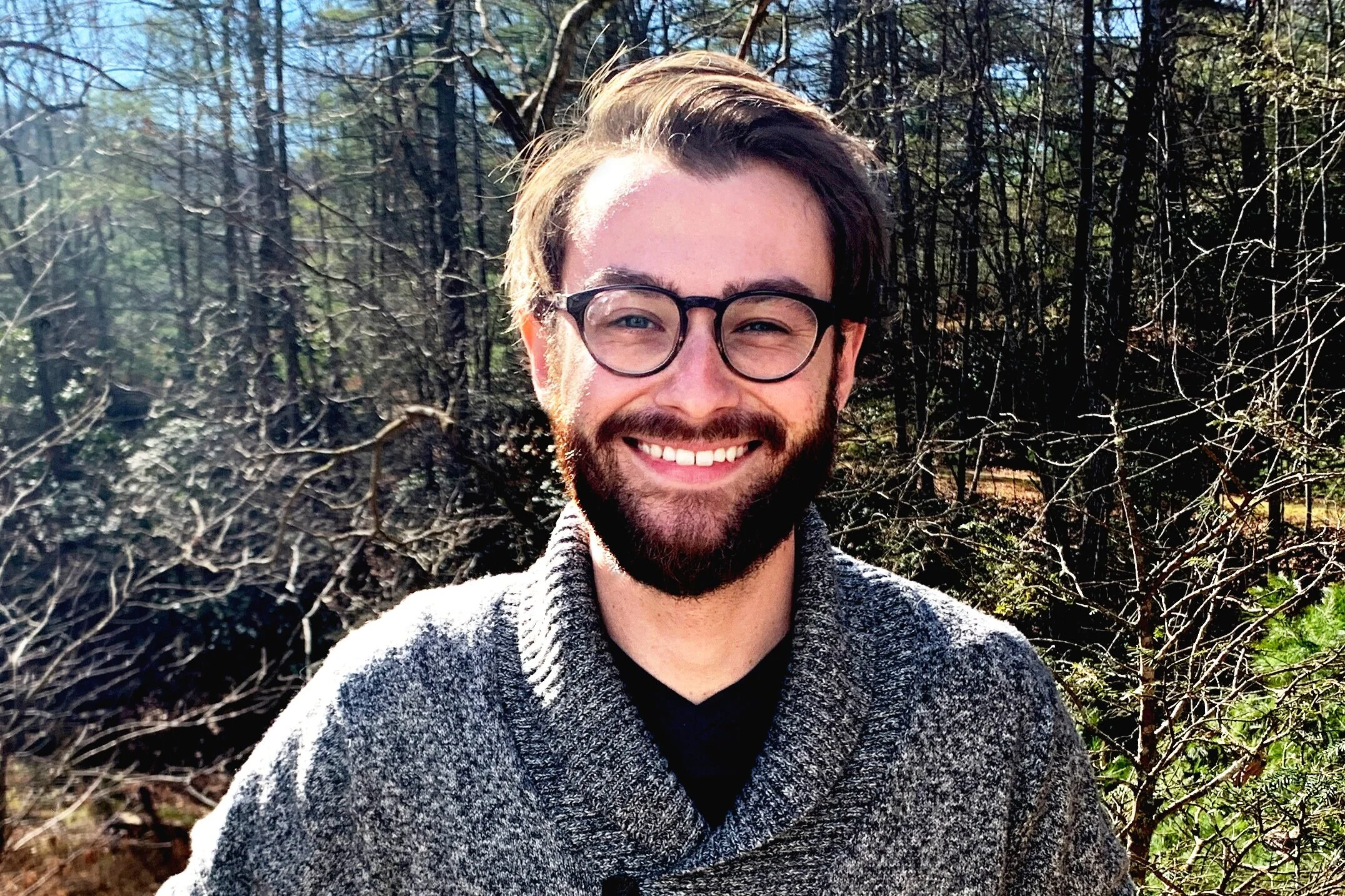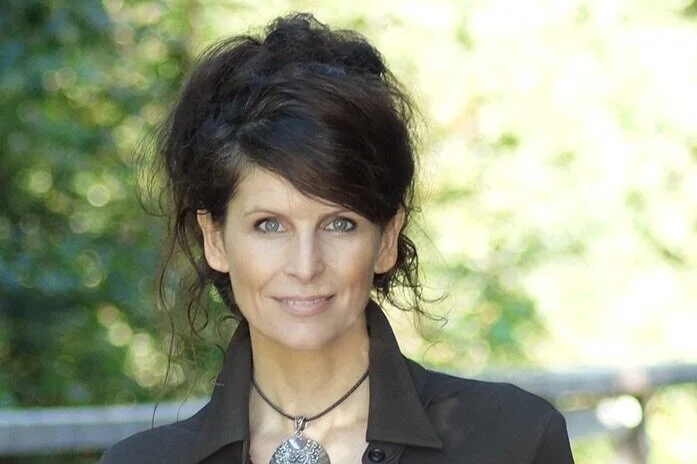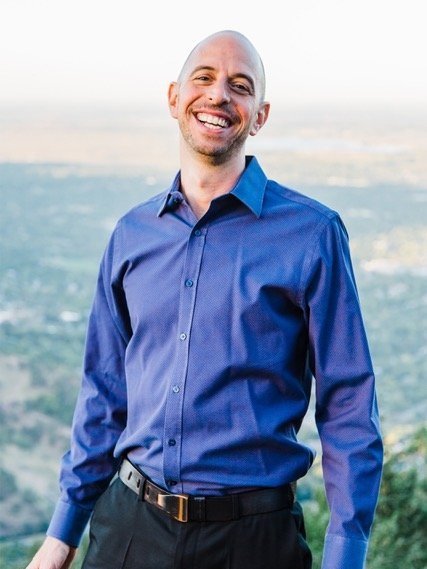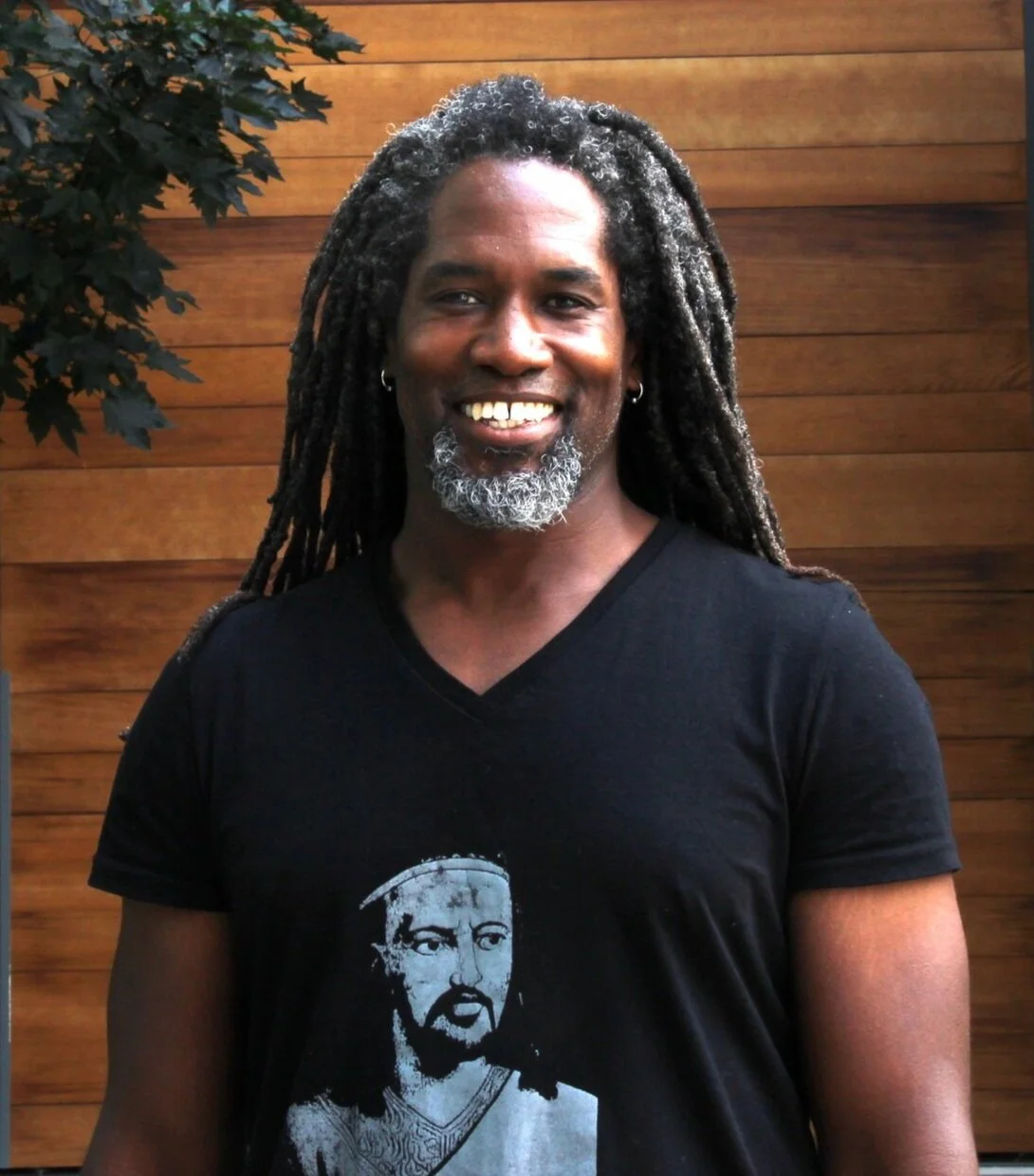Time to get ready for your wedding ceremony in Colorado! Here's the adaptable game plan for the next four-eight weeks and beyond (a lifetime of habits doesn’t change in a month, after all). Please note that many of the phases will overlap. Although I recommend checking off each line item before proceeding to the next, feel free to jump around as desired (but know that it was designed and ordered strategically :)).
PHASE 1: Learn about Posture, Proper Form, and the Neutral Spine
Part 1: Learn about Posture, Proper Form, and the Neutral Spine
Posture and movement: Review the posture and movement emails from your new favorite Denver personal trainer :)
Injury prevention for the lower back and posture: Review this article to learn about lower back injury prevention and proper posture.
Proper sitting: Review this article about proper form while sitting and change the way you sit.
Part 2: Integrate Exercises for Injury Prevention
Continuum of corrective exercise to limit pain and discomfort:
Daily Rotator cuff/anterior shoulders and lower back/hips Exercises: Watch these videos and incorporate these warm-up range of motion exercises into your routine.
Video: Alligators
Video: Hip Stretches
Video: Glute Bridges
Restorative Yoga Videos: https://youtu.be/c56tAJ9KjRg or https://www.youtube.com/watch?v=BtVrPUylxp8
Core stabilization exercises: Incorporate this proper form for your plank.
Lumbar spine exercises to alleviate lower back discomfort:
Video: Alligators
Video: Glute Bridges (standard two foot bridge only without the bands)
Thoracic spine mobility exercises to alleviate shoulder and neck discomfort:
Part 3: Foster Awareness
Book: Read Introduction in the book Redefine Yourself by Michael Moody
Book: Read Chapter 1: You Are Not Alone in the book Redefine Yourself by Michael Moody
Book: Read Chapter 2: Practice Mindfulness in the book Redefine Yourself by Michael Moody
Book: Read Chapter 3: Listen to Your Inner Voice in the book Redefine Yourself by Michael Moody
Part 4: Review Additional Resources
Book: Real Movement: Perspective on Integrated Motion & Motor Control by Gary Gray
Book: Athletic Body in Balance by Gray Cook
Book: Becoming A Supple Leopard 2nd Edition (The Ultimate Guide to Resolving Pain, Preventing Injury, and Optimizing Athletic Performance) by Kelly Starrett
PHASE 2: Examine the Mental, Emotional, and Environmental Obstacles to Your Success and Adapt
Part 1: Examine the Environment's Influences on Your Success
Book: Read Chapter 12: Change Your Environment in the book Redefine Yourself by Michael Moody and make a list of external influences on your behaviors and choices.
Podcast: Listen to the podcast episode #24-Exploring the Psychology of our At-Home Environment with Dr. Preston
Part 2: Examine the Underlying Influences on your Behavior
Learn how to manage your stress and anxiety:
Article: What Being a Parent Taught Me About Managing Stress
Article: How to Overcome Your Anxiety at Work
Podcast: Listen to episode #16 - The Examination of Personal and Collective Trauma with Dr. Bakalar
Learn how insecurity and fears influence your behavior:
Book: Read Chapter 4: Face Your Fears in the book Redefine Yourself by Michael Moody to examine how fear influences your behavior.
Book: Read Chapter 5: Extinguish Your Insecurities in the book Redefine Yourself by Michael Moody to examine how insecurities influence your behavior and how to change your perspective.
Part 3: Examine your Decision-Making Process and Problem-Solving Approach
Book: Read Chapter 10: Change the Way You Decide in the book Redefine Yourself by Michael Moody to examine your decision-making process and how it influences your behavior.
Book: Read Chapter 13: Approach New Problems with Confidence in the book Redefine Yourself by Michael Moody to examine your problem-solving approach and how it influences your behavior.
Part 4: Find Inspiration
Find motivation through the wisdom of others by reviewing these articles and posting one quote on your closet wall to be seen daily:
Article: 12 Inspirational Quotes that Have Shaped My Life Over the Last Year
Article: My 10 Favorite Life-Guiding Quotes from the Stoic, Marcus Aurelius
Article: My Favorite James Clear Quotes and Thoughts (Set 1)
Reexamine the perspective on your daily life and approach:
Rethink your professional (and personal) approach:
Design a new mindset:
Podcast: Listen to episode #26 - Designing the Mind in a New Year | Author Ryan A. Bush
No longer limit yourself and literally travel outside of your boundaries:
PHASE 3: Set New Goals and Create a Supporting Structure of New Habits
Part 1: Purpose and Goals
Book: Read Chapter 18: Define Your Purpose in the book Redefine Yourself by Michael Moody to guide your reflection on your life’s intent.
Learn how to set sustainable goals:
Article: How to Set Sustainable Goals
Read Chapter 19: Create Goals to Maintain Your Positive Focus in the book Redefine Yourself by Michael Moody to examine how to create goals and support a life of positivity and satisfaction.
Examples of goals to steer your short and long-term focus:
Part 2: Specifically Structure and Design Your Fitness, Diet, and Professional Paths
Build a business plan for optimal health :
Develop a specific fitness plan:
Being your diet game plan:
Rethink your professional plan:
Podcast: Listen to episode #35 - Designing Your New Work Life | Dave Evans
Create more time for your personal training sessions and other fitness efforts:
Part 3: Creating Habits to Support Your Goals
Examine your current habits and create new habits to support your health and fitness goals:
Article: 5 Morning Habits That Have Made Me More Successful (and Less Stressed)
Book: Read Atomic Habits by James Clear.
Find new ways to create time for yourself and fitness:
PHASE 4: Test New Fitness Programs and Activities
Part 1: Find new ways to amplify your current workouts
Part 2: Test new workouts
Part 3: Test new hikes (or something else active outside of the gym)
Colorado Hikes near Denver: Nymph Lake, Lake Haiyaha Loop via Fire Trail (RMNP)
Colorado Hikes near Denver: North Table Mountain West Loop (Golden)
Colorado Hikes near Denver: Elk Falls Lookout and Elk Falls Pond (Staunton State Park)
Colorado Hikes near Denver: Green Mountain Loop via Chautauqua Trail
